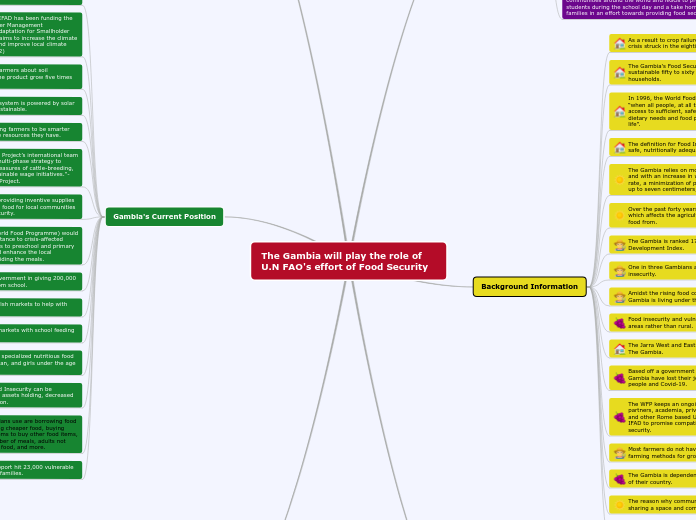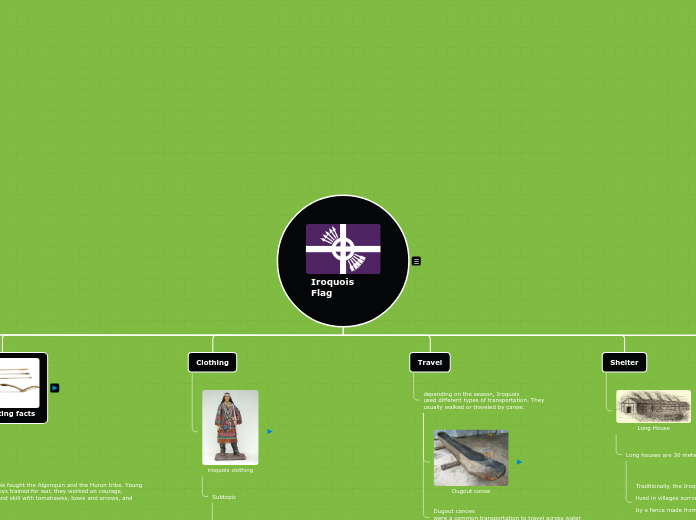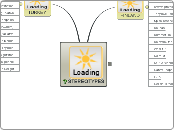a Lily Syna 4 éve
255
Step 7: Take notes
The Gambia faces significant challenges regarding food security, with a notable impact on children and women. Malnutrition affects a substantial portion of young children, and food insecurity is exacerbated by widespread crop failures and the ongoing COVID-19 pandemic.









